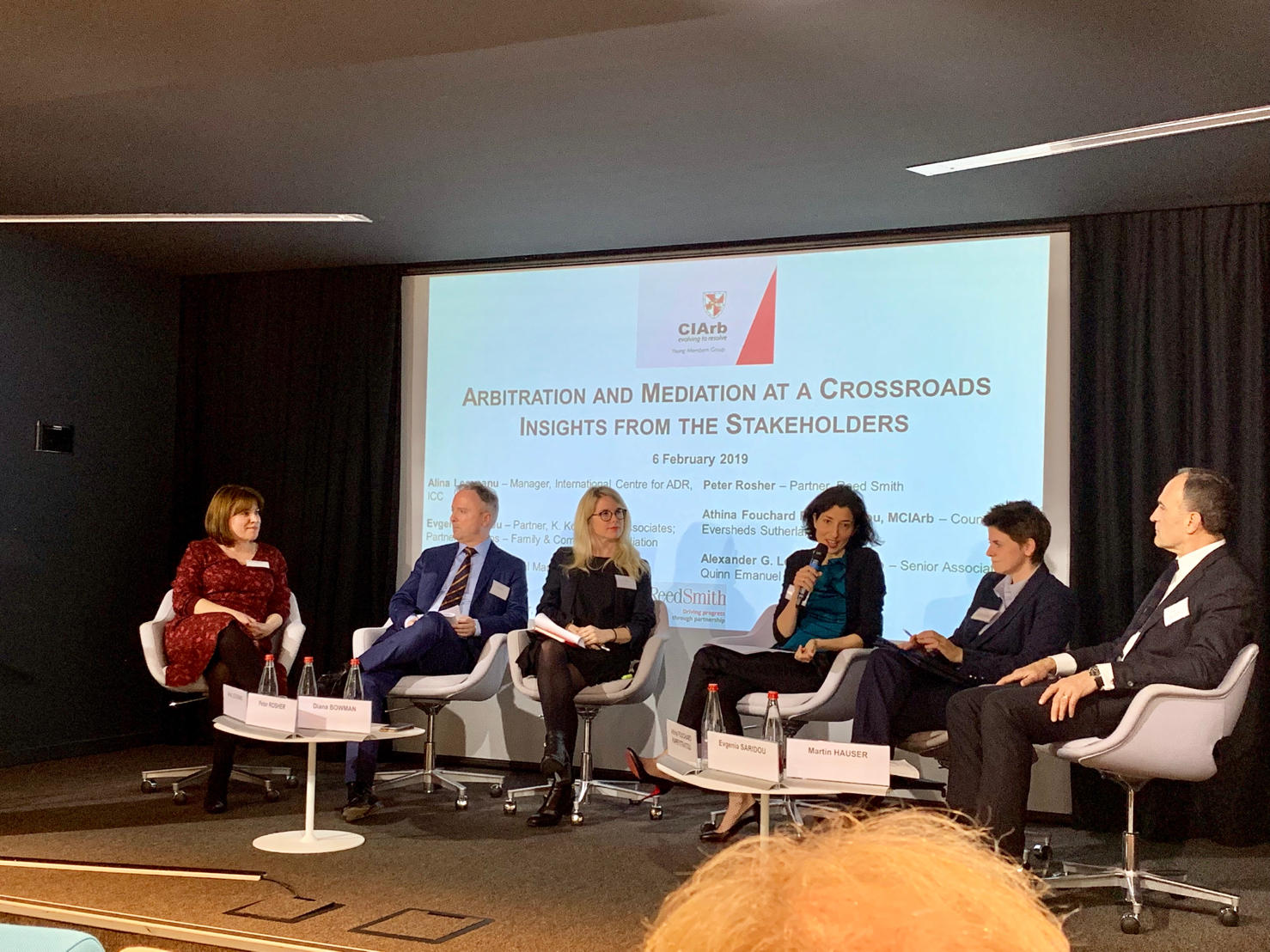This article is selected on the internet by AfiTaC because of its interest for the readers of this blog (source: www.wolftheiss.com) :
Arbitration is becoming more efficient and transparent and less expensive thanks to recent revisions to the ICC Rules of Arbitration. The ICC Court has introduced rules for expedited arbitration procedures for small claims.
SCOPE OF APPLICATION
The ICC Court introduced revisions, into force since 1 March 2017. While the general provisions will apply to all arbitration proceedings commenced on or after this day, the rules for expedited procedures will automatically only apply to claims with a value of up to USD 2,000,000 arising out of arbitration agreements concluded on or after 1 March 2017.
The expedited rules can also apply to disputes worth more than USD 2,000,000 or arbitration agreements concluded before 1 March 2017 if the parties choose to opt in. Alternatively, it is also possible to opt out of the new rules. If the parties wish to do so, a suitable ICC model clause is available.
KEY FEATURES OF EXPEDITED PROCEDURE
In brief, the expedited procedure amendments bring about the following changes:
- The dispute will be referred to a sole arbitrator, even if the arbitration agreement provides for a three-member tribunal. Before, the parties’ agreement on the number of arbitrators and the procedure governing their appointment has prevailed over the ICC Rules (which provide for a sole arbitrator as a general default rule subject to particular circumstances of the case which allow the ICC Court to decide otherwise). Either the ICC Court or the parties will appoint the sole arbitrator (within a time limit set by the ICC), depending on the particular arbitration agreement.
- The Terms of Reference, which have always been a traditional feature of ICC proceedings, are no longer required.
- After the tribunal has been constituted, the parties will not be able to make new claims unless expressly authorized by the tribunal.
- Within 15 days after the transmission of the file to the tribunal, the case management conference must be held. The tribunal will be required to render its award within 6 months of the case management conference, unless this deadline is extended by the ICC Court.
- The tribunal may exclude the production of documents. It may also limit the number, length and scope of submissions, witness statements and expert reports, and decide the dispute solely on the basis of documents. Alternatively, it will have the authority to hold hearings not only in person, but also via telephone or video conference.
- In order to increase cost efficiency, the arbitrators’ fee range will be reduced by 20 percent.
FURTHER AMENDMENTS
As for proceedings that do not fall under the expedited procedure rules, the most important modifications are these:
- The time limit for issuing the Terms of Reference will be reduced to 30 days (instead of 3 months);
- Reasons for the decisions by the ICC Court concerning the appointment, confirmation, replacement or challenge of arbitrators will no longer be confidential, but can be communicated upon the request of any party;
- A request for arbitration will require a filing fee of USD 5,000 (instead of USD 3,000); and
- There is a revised fee scale for the ICC administrative expenses, effective as of 1 January 2017.
OUTLOOK
With regard to the expedited procedure, nothing will change in respect to arbitration agreements that have been concluded before 1 March 2017 unless otherwise agreed to by the parties. However, starting from that date, it will be essential to carefully consider whether or not to opt out of the new expedited procedure rules. Undoubtedly, the revision of the ICC Rules will increase the efficiency and transparency of ICC arbitrations while simultaneously lowering their overall cost and duration.
ICC MODEL CLAUSE, RECOMMENDED PROVISIONS
Parties wishing to resort to arbitration under the ICC Rules are recommended to agree to the following standard ICC arbitration clause:
“All disputes arising out of or in connection with the present contract shall be finally settled under the Rules of Arbitration of the International Chamber of Commerce by one or more arbitrators appointed in accordance with the said Rules.”
It is also recommended to include the following provisions:
“The place of arbitration shall be [city, country].”
“The language of the proceedings shall be [language].”
If the parties wish to opt out of the emergency arbitrator provisions, they should include as follows:
“The Emergency Arbitrator Provisions shall not apply.”
If the parties wish to opt out of expedited procedure provisions (which would be applicable to a case where the amount in dispute is up to USD 2,000,000), they should include as follows:
“The Expedited Procedure Provisions shall not apply.”
If the parties wish to apply the expedited procedure provisions in any case (i.e. irrespective of the amount in dispute), they should include as follows:
“The parties agree, pursuant to Article 30(2)(b) of the Rules of Arbitration of the International Chamber of Commerce, that the Expedited Procedure Rules shall apply irrespective of the amount in dispute.”
If the parties wish to determine their own threshold amount for the application of the expedited procedure provisions, they should include as follows:
“The parties agree, pursuant to Article 30(2)(b) of the Rules of Arbitration of the International Chamber of Commerce, that the Expedited Procedure Rules shall apply, provided the amount in dispute does not exceed US$ [specify amount] at the time of the communication referred to in Article 1(3) of the Expedited Procedure Rules.”
The original article can be found at this location:
https://www.wolftheiss.com/fileadmin/content/6_news/clientAlerts/2017/2017_Q1/17_02_24_WolfTheiss_CA_New_ICC_Rules.pdf



1 Comment
Fast & binding dispute resolution: an unbridgeable gap? - AfiTaC.com · 8 December 2018 at 21 h 13 min
[…] new ICC rules (introduced in March 2017), with their expedited procedure, are not filling the gap because the shift is mainly to 1 […]